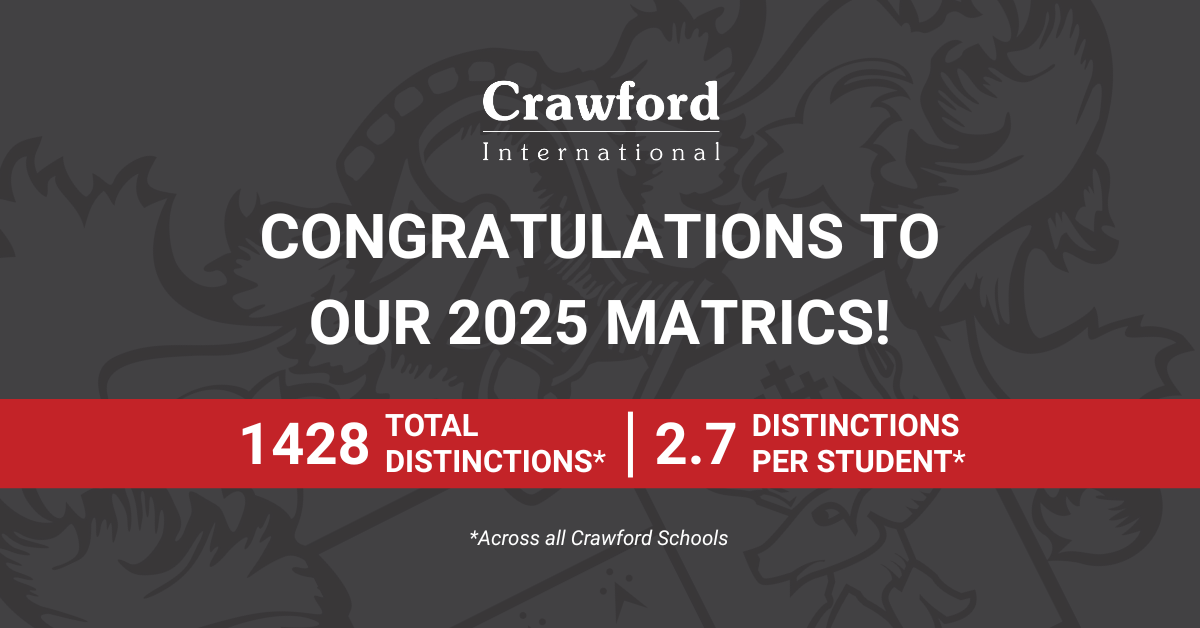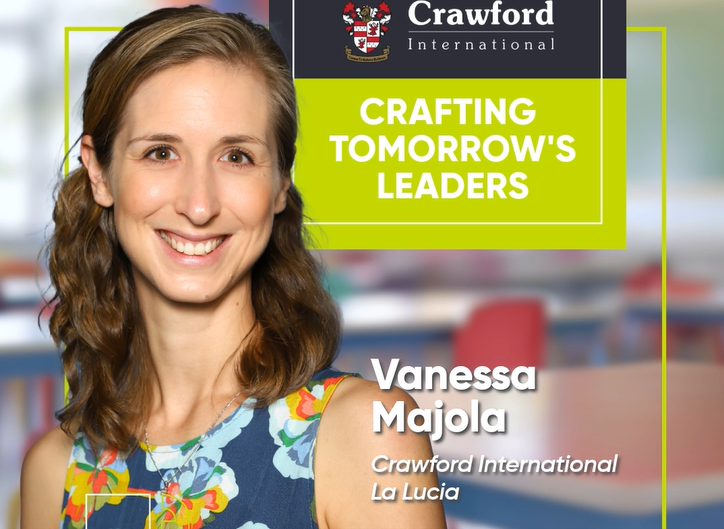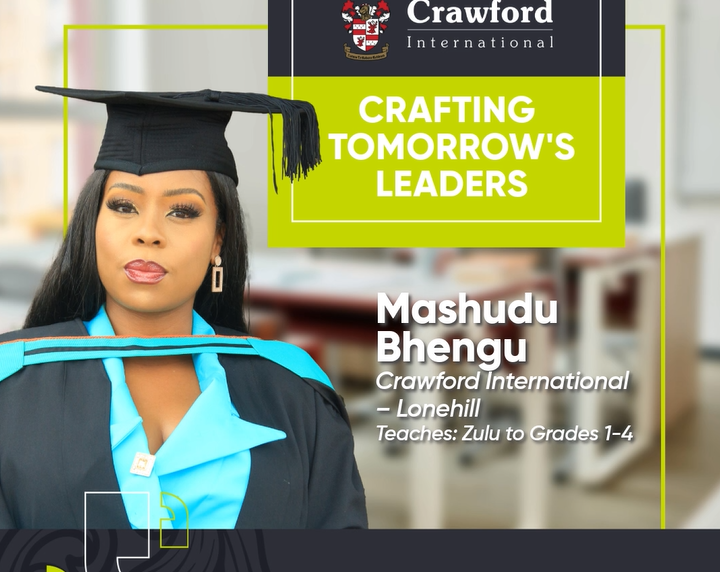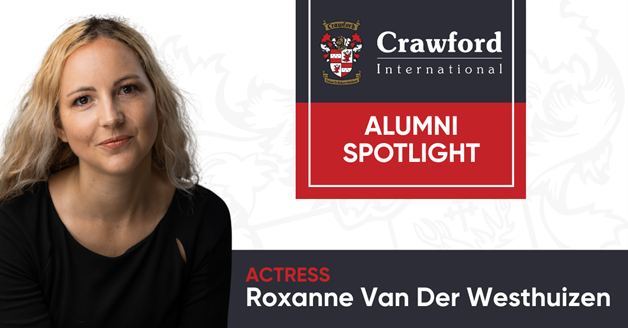How to Discover Your Talent
May 10, 2024

How to discover your talent and how to use it!
At Crawford International, we believe that parenting, education and life skills are a combined effort. Every parent wants their child to excel in something and to leave their mark on this world, and every child is looking for that “thing” that they could be great at. So, here are some ways to help your child discover their talents, and some tips to help you support them in that endeavour.
According to Howard Gardner, a Harvard psychologist, there are eight types of talents or “intelligences.” By nature children have all of these traits, but your child’s innate ability will gravitate to one of these intelligences, unveiling their natural talent.
The 8 intelligences are:
- Naturalistic intelligence — the ability to appreciate nature, such as marine biologists or environmental analysts
- Interpersonal intelligence — the ability to work well with people, such as psychologists and teachers
- Spatial intelligence — the ability to think abstractly, such as engineers and architects
- Body-Kinaesthetic intelligence — the ability to perform athletically, such as sports stars or physiotherapists
- Musical intelligence — the ability to recognise sounds, melody, and rhythm, such as musicians and people in the arts
- Linguistic intelligence — the ability to master words and communication, such as translators or writers
- Mathematical intelligence — the ability to do maths and manage logical concepts, such as financial managers or IT specialists
- Intrapersonal intelligence — being in touch with yourself, such as a counsellors or entrepreneurs
Here are some ways to discover your talents:
1. Recognise your strengths:
To become really great at something, you need to have an innate ability to do something special, and you need to have an unwavering interest in that ‘something’ special. From the list of intelligences above, ask yourself which one you are most connected to. If you answered Linguistic intelligence because you’re good at speeches and writing essays, then pursue those subjects and do more projects in that area. Always look for other learning opportunities to take you to the next level.
2. Parent tip:
Look for ‘talent clues’ as to what your child likes to do from an early age. What are the activities that come naturally to them? Where do they most want to spend their time? In some cases, there may be no question as to what your child is good at, but for other children, a little digging may be needed to uncover their strengths. Allowing your child to explore multiple activities will help them experience different intelligences. They will naturally gravitate towards activities that fit their interests. If your child is good at puzzles and advanced Lego building for instance, then maybe your child will be good at chess. Introduce them to the game and see how they develop. You may have a world master on your hands.
3. Nurture:
Having a natural talent for something is not enough to develop greatness. Talent and interest are only the start and they need to be nurtured. For instance, if you have identified your intelligence as Naturalistic (the ability to appreciate nature), then you need to read up about nature, volunteer at nature organisations, and apply for learning programmes and additional courses (such as the Marine Sciences course through the Two Ocean Aquarium). Talent and interest + consistent time spent and experience = greatness. Ask yourself: what subjects do I need to work in this environment? How can I achieve top marks in these subjects? What extra work can I do to make me a stand-out candidate? This goes for sport or music or any of the intelligences.
4. Parent tip:
As a parent your approval means everything to your child. Acknowledge every little step of progress when they are nurturing a new talent. Avoid being overly-critical, you don’t want to destroy their confidence, but you do need to be honest when they ask how they are doing. If they are battling, say, “I think you’ve done well in this short space of time, but how do you plan to improve every week?”
5. Learn resilience:
Part of the journey of becoming great at anything is failure. Failure brings invaluable lessons and growth, so it should never be the catalyst to quitting. Take every lesson, good or bad, and use that to drive you forward in your quest. If you’ve succeeded, feel good about yourself but don’t dwell in that glory. Rather map the path to the next level immediately. If you’ve failed, you will feel bad, but don’t dwell in that failure either. Map the path to success immediately and go again.
6. Parent tip:
Your child is going to fail and you too should not dwell on their failure. Instead, encourage them to look at how it could have been done differently. Give them examples of people they look up to who have failed and still became great. Don’t lecture them, give them caring advice and make sure they know you’re in their camp always. Great parents are most often the true path to any child’s success.












